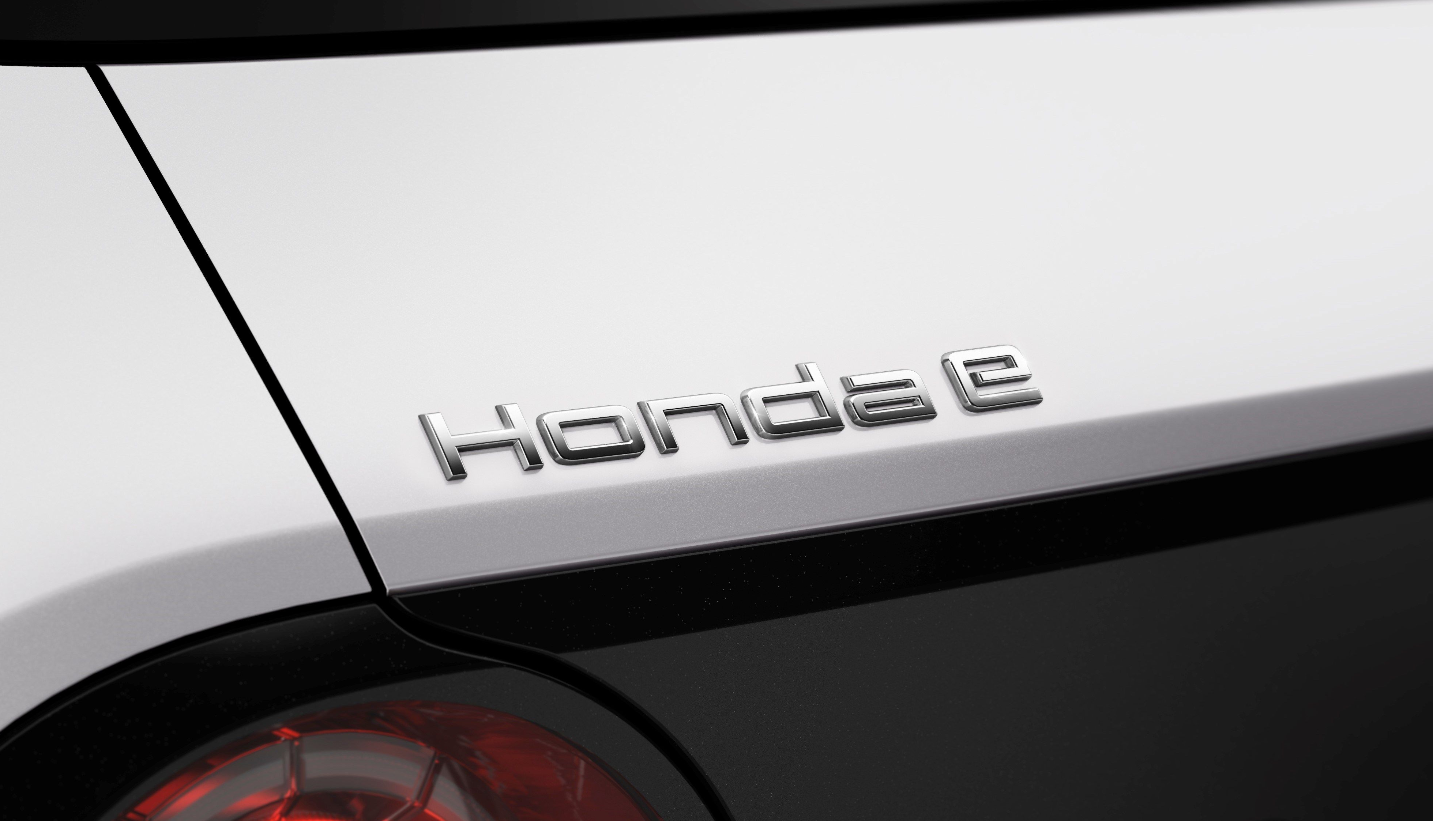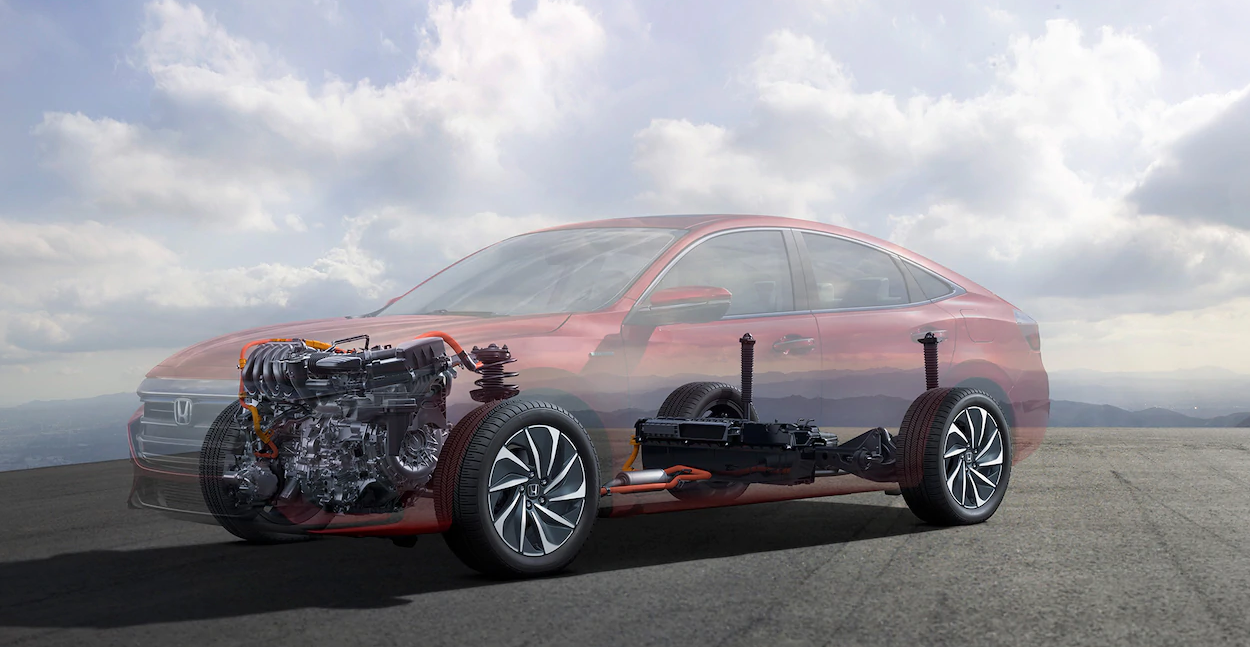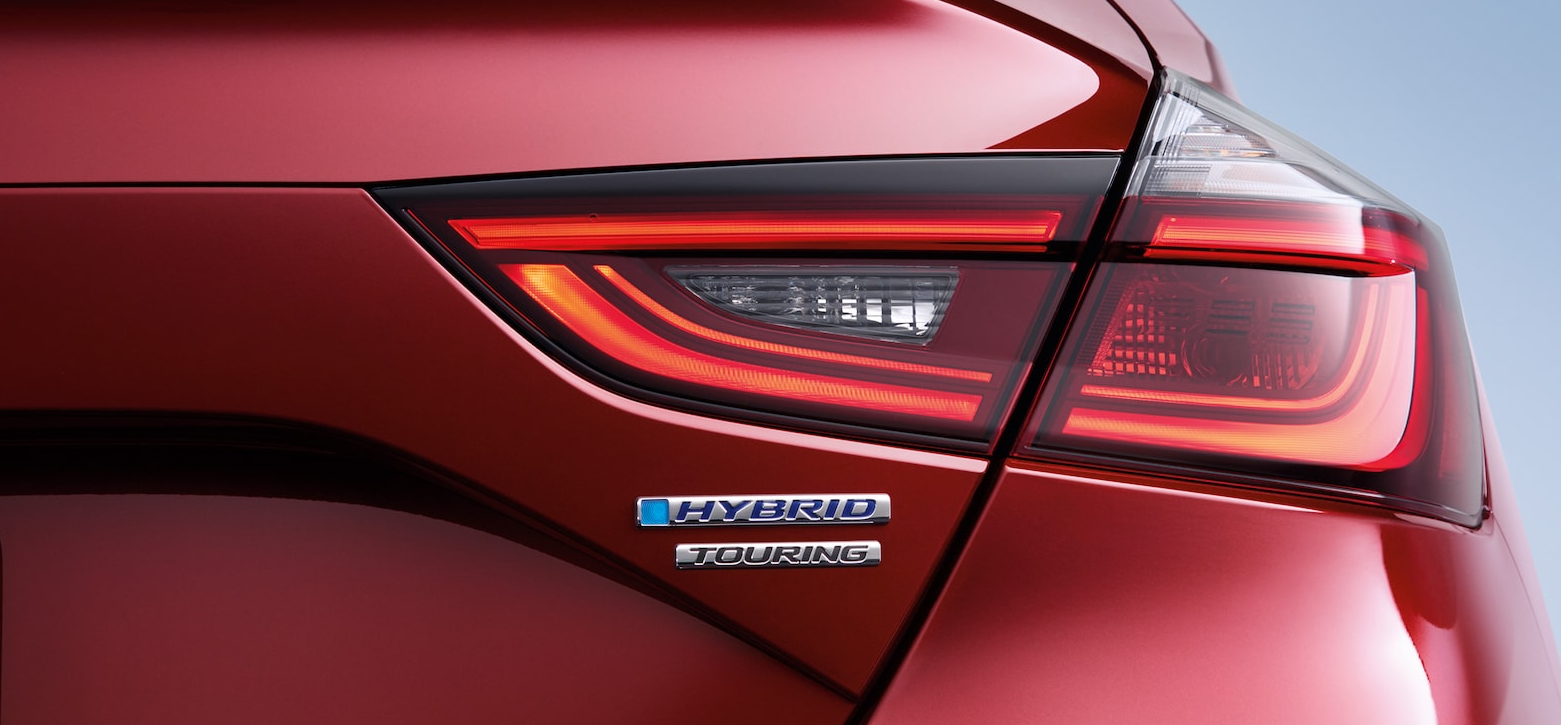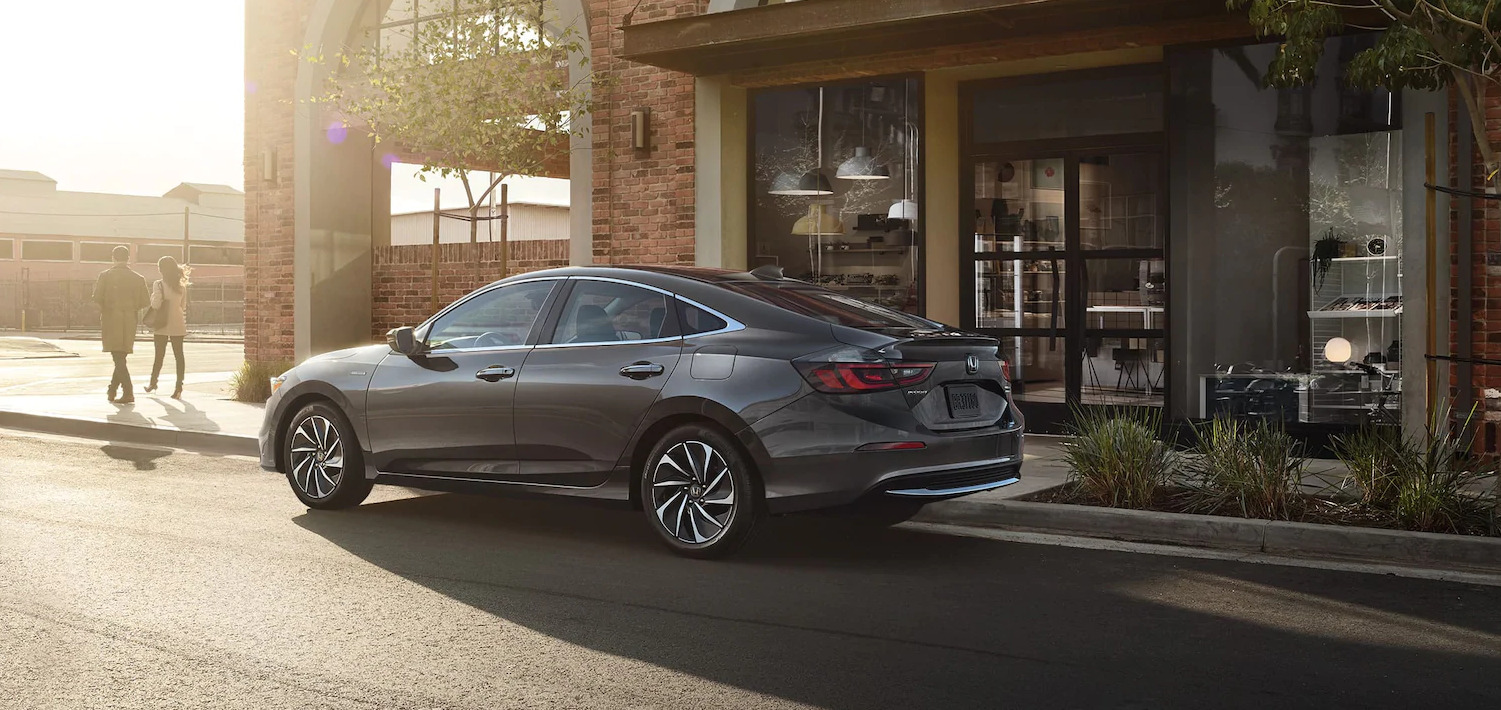Here’s What you Need to Know About Honda’s Stance on EVs

Honda will release fully electric vehicles when the company feels it’s appropriate to do so. For now, hybrids are the way forward.
Honda CEO Takahiro Hachigo recently found himself in a bit of hot water. In a recent interview, he expressed skepticism about battery electric vehicles. “Are there really customers who truly want them?” That’s a seemingly strange question to ask in light of Tesla’s meteoric rise. Various automotive outlets reacted strongly to his comments. Jalopnik was chief among them. “Ghostly Specter Of Honda’s CEO Still Not Convinced Electric Cars Are A Thing” is the title of their piece, and it talks about their disappointment at Honda for being out of touch.
Why did his interview elicit such a response? Because everyone thinks EVs are the next big thing. Hachigo, however, doesn’t appear convinced that’s the case for the foreseeable future. If viewed in a vacuum, his comments are shocking. But it’s important to understand what he’s actually saying. At ExtremeTech, Bill Howard properly contextualized Hachigo’s stance. To paraphrase, Honda believes EVs are a long term solution. Hybrids will rule the roost until then. That’s an incredibly realistic perspective on things. Apparently, it’s not what people wanted to hear.

Pumping the Regenerative Brakes on EVs
Depending on who you ask, the term “electrified” can mean any number of things. For Hachigo, the term represents any type of vehicle that employs an electric motor and a battery to supplement an internal combustion engine. That is the future he believes in. Since he represents Honda, that’s where the company is headed. By 2030, Honda predicts two-thirds of its global sales will come from electrified vehicles. Hybrid vehicles will enable Honda to comply with stringent emissions regulations in Europe and China. EVs can do that too, but battery costs are still very high and sufficiently developed charging infrastructure doesn’t exist anywhere. At least not yet.
To understand Hachigo’s thinking, let’s take a look at one of Honda’s current hybrids, the 2020 Honda Insight. According to the EPA, the Insight boasts a range of 551 miles. No EV currently on the market can match that number. And they’re significantly more expensive too. At $22,930, the cheapest Insight is about what you’d expect a new compact car to cost. The Nissan Leaf, which is currently the least expensive EV available in America, starts at $29,999 before any type of incentive or tax rebate. That’s for a car that gets about 400 fewer miles before needing its energy replenished. Battery efficiency and cost have a long way to go before they can match what the Insight can accomplish with one tank of gas.

Do the Critics Have a Point about Honda?
Hachigo is making a safe bet on a proven technology. As it stands, EVs are a niche product. And Honda isn’t totally dismissing the technology either, which is a point the naysayers seemingly ignored. They’re simply reluctant to go all-in on fully electric vehicles. An EV platform is being developed for mid-size and larger vehicles, including crossovers. That architecture is slated to arrive in 2025. And Honda successfully demonstrated they possess the engineering prowess to make an EV with the new Honda e. It’s a stylish, fun to drive hatchback designed for the city.
Problem is, its range leaves a lot to be desired. Which is why we won’t see it in America. Other automakers currently sell EVs with far more range than the Honda e too. There are risks associated with playing it safe, despite what Hachigo thinks. Honda introduced one of the first crossovers with the original CR-V. The company built a reputation as a manufacturer of affordable, compact utility vehicles with that model, and today it’s the second most popular crossover in America. By contrast, the newly introduced Passport has to compete with the likes of the Ford Edge and Nissan Murano, two mid-size crossovers that were introduced into that segment a long time ago. Both models handily outsold the Passport last year.

Every Decision Has Consequences
Obviously, there is a huge difference between building a new internal combustion crossover and developing an EV program. Hachigo is refreshingly realistic in his outlook. No one really knows if EVs will make it big. And if they do become widely accepted, it might not even happen by the end of this decade. That being said, sometimes risks pay off. The Honda S2000, a two-seat sports car, was definitely not a safe bet. But the company sold every example it made, and today it is a beloved classic.
What if Honda could do for EVs what it did for two-seat sports cars, before everyone else? That would give the company quite a bit of credibility. Then again, with a lineup of extremely competitive vehicles, it probably doesn’t need any. EVs are on everyone’s minds right now. Hachigo is making smart decisions. But wise choices rarely create headlines. That is the crux of what happened here. Honda’s future is bright. It’s just not as sexy as people want it to be.
Photos: Honda
